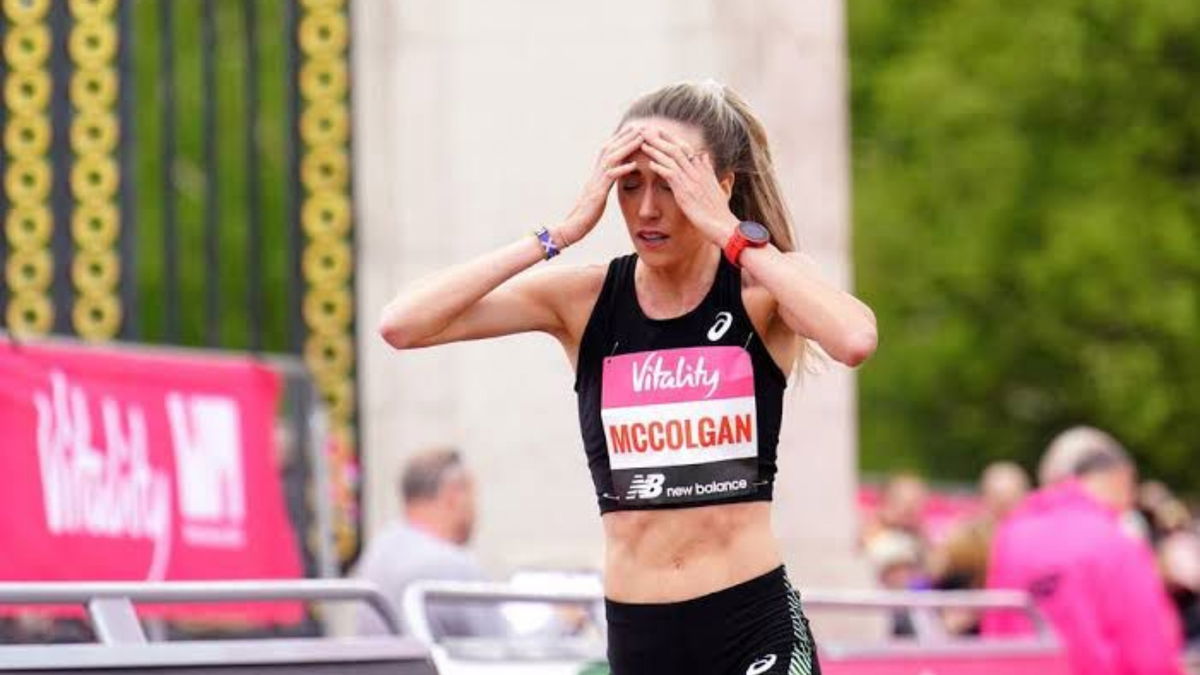

Now, the track may be the home to some of the biggest names in the world of sports, but the same isn’t the case when it comes to the financial aspects. How? Well, while sports like the NFL and the NBA dazzle the crowds with million-dollar contracts, track athletes often struggle to even make both ends meet. Why such disparity, you say? Well, it’s all because the pay isn’t consistent, and the cash flow is dependent on the sponsors. Add to this the task of securing funds for travel, training, and nutrition, and you’ve got yourself a David and Goliath battle. But it seems after all these years, a revolution is just around the corner. But what has changed? Well, quite a lot if you ask us.
Watch What’s Trending Now!
We know athletes heading into the European U23 Championships, which is set for July 17-20 in Bergen, Norway, are facing the same problem. As a biennial competition for Europe’s top young athletes, it’s a massive stepping stone toward senior-level success. But here’s the problem—most juniors don’t have sponsors to cover their costs, and now first-time UK team members are being asked to contribute up to £200 just to compete. That kind of financial strain can force some Track and field athletes to miss out entirely.
But, finally, an organization is stepping up to help. The British Milers’ Club (BMC), long known for supporting developing athletes, is making a crucial change. They’ve pledged to cover the £200 fee for any paid-up U23 member who qualifies through a BMC Grand Prix meeting. In other words, they’re making sure money isn’t the reason someone misses their shot. And just when it seemed like no one else was paying attention, a big name stepped in.
Scottish 5000m star and Team GB Olympian Eilish McColgan took to X to call out the financial struggles young athletes face—and she’s not just talking about it; she’s taking action. “I’ve also said I’m happy to cover the cost of any Scottish athletes selected at junior level. There’s no way I’d let someone miss a Championship purely for not having the funds to go...” McColgan’s words hit hard because they highlight an ugly truth: talent alone isn’t enough in Track and field if you can’t afford to compete.
I've also said I'm happy to cover the cost of any Scottish athletes selected at junior level. There's absolutely no way I'd let someone miss a Championship purely for not having the funds to go…
— Eilish McColgan (@EilishMccolgan) April 1, 2025
For too long, financial struggles have been quietly sidelining promising athletes before they even get a fair shot. But with organizations like the BMC stepping up and stars like McColgan personally filling in the gaps. With all this the change is finally happening. The question now is—how many more will step up before another young athlete is forced to sit out due to a lack of funding?
Track and field talents held back by finances
Financial constraints have, unfortunately, compelled some promising track and field athletes to consider early retirement. Take Lili Das, for example. The Indian middle-distance runner has always been passionate about track and field. But the lack of sponsorships made it hard for her to compete internationally. Without proper funding, she had to juggle her training with a full-time job on the Indian Railways.
She’s been very open about how tough it’s been. She once said, “There is disparity among athletes in getting sponsorship. I have no sponsors, and that is why I am struggling to improve myself.” Then there’s Maya Nakanishi, a Japanese Paralympic track and field athlete. Nakanishi missed the opportunity to compete at the IPC Athletics World Championships in 2011 because her funding ran out.
But her preparation for the 2012 London Paralympics required financial support, so Maya Nakanishi opted to create a semi-nude calendar of herself utilizing her prosthetic leg. The successful calendar sales exceeded 3,000 units and generated more than $50,000, which she used to buy a new prosthetic leg and fund her travel costs. But the question now comes: Will track and field resolve its money-related issues once and for all? And if yes, when?

